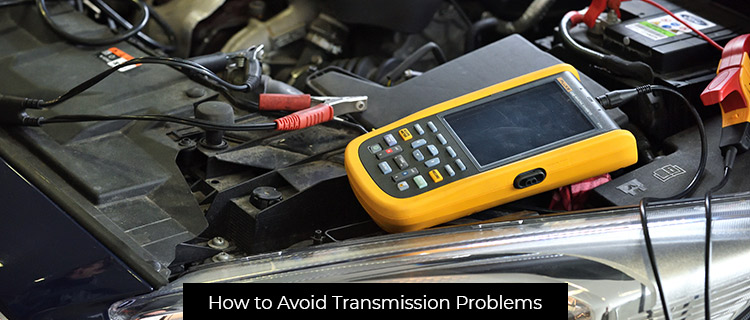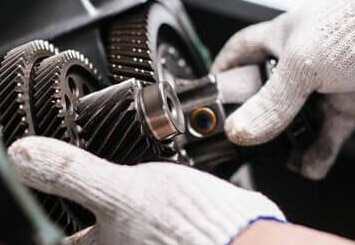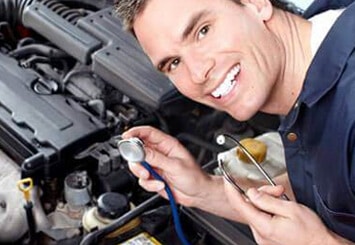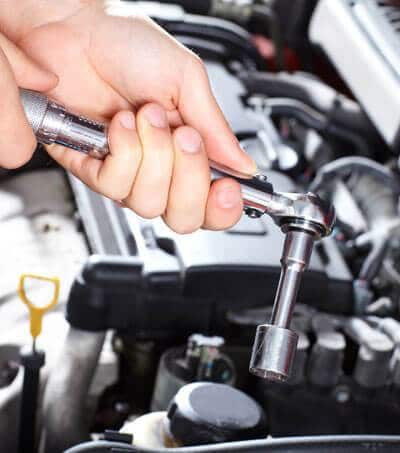



At Mister Transmission, we have a way to fix any transmission problem that our customers present us with. Sometimes it’s a relatively easy fix. Sometimes it’s a very involved fix, such as taking apart and inspecting an entire transmission, piece by piece. Some transmission fixes take longer than others and some are more expensive than others. But no matter what the job, we perform all of our transmission fixes fully, professionally, honestly, and as quick as possible.
Having said all that, even with our commitment to great service, we know none of our customers want to see us for a transmission fix. There is no convenient time for a transmission problem and anytime you have a transmission problem, and nobody wants to spend money to fix transmission problems, even the inexpensive ones. Having said all that, we at Mister Transmission do have some suggestions of things you can do to avoid coming to see us any more than you have to. Here are some tips to help you avoid transmission problems.
Let’s start with the basics: your transmission fluid. We can’t count how many transmission problems we’ve seen that ultimately come down to a lack of transmission fluid. If you don’t have enough transmission fluid, you’re going to put a real strain on your transmission, and this will inevitably cause problems. This is why you should check your transmission fluid regularly –every month, even– to make sure you’re up to the right level. If not, you have to top it up. And if you see patches of reddish liquid underneath your automobile when you’re parked, then you have a transmission leak. You must bring your vehicle into a Mister Transmission as soon as possible to fix a leak before it causes a major transmission problem.
But it’s not just about quantity with transmission fluid. The quality of your transmission fluid is also important. Automatic transmission fluid is mostly clear with a reddish hue and is largely odorless. If your transmission fluid is dark and opaque, or if it has a foul smell to it, then this is an indicator of damage inside your transmission. In such a case, your transmission fluid should be flushed out and your transmission inspected by a technician for any problems. If you drive a manual transmission that does not use automatic transmission fluid, much of the above still applies to how you should treat your transmission oil.
There are different types of transmission fluids that are better suited to certain makes of transmission. Using the right type of transmission fluid for your transmission is key. Check your auto manufacturer’s booklet to see which transmission fluid they recommend or bring your vehicle in and we can tell you. Newer vehicles generally do better with synthetic transmission fluids.
In terms of using your transmission, there are a few things you can do. Transmissions don’t like to get to hot so try to stay cool. Some transmissions can benefit from the installation of an auxiliary cooler. If you use your vehicle for towing, do not do so in overdrive.
To learn more about avoiding transmission problems, please contact us.




The evolution of transmissions has made these machines and systems increasingly complex. When transmission repairs are required, determining the cause and cure for what ails can be tricky.
Read More
At Mister Transmission we have access to leading-edge diagnostic equipment, enabling us to offer you the fastest and most accurate findings about what’s going on inside your vehicle’s transmission.
Read More
Just as you have other parts of your car serviced, your transmission needs maintenance to ensure a long life and avoid transmission problems.
Read More